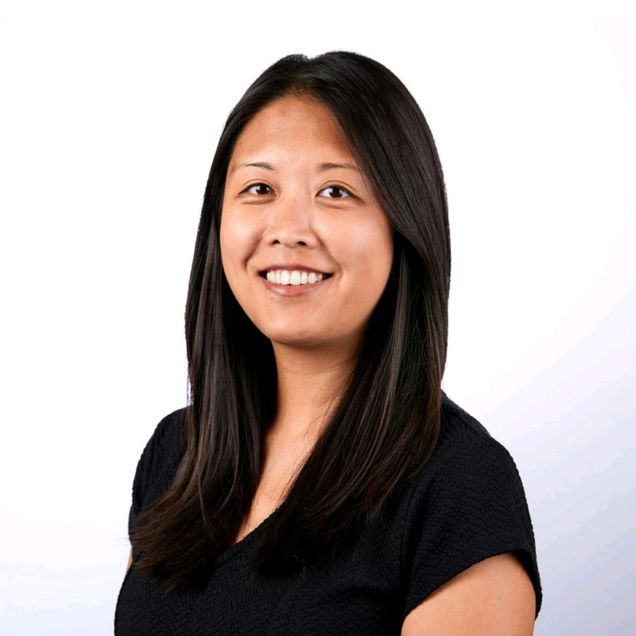Spotlight on…Susie Kim
Susie Kim, Senior Project Manager in the Community Health Sciences Department at Boston University School of Public Health
As told to URBAN ARCH Admin Core staff, September 2018
 Tell us more about your background. How did you become involved in substance use and HIV research and URBAN ARCH?
Tell us more about your background. How did you become involved in substance use and HIV research and URBAN ARCH?
It’s a little bit of a roundabout path. I was originally interested in the sciences and health sciences in particular; for a long time I thought I was going to try to go to an MD or PhD program. During my undergraduate program, I studied neuroscience and psychology so I was always interested in mental health and behavior. Out of college, I worked in a few research jobs and ultimately found myself on a research team that collaborated with a larger interdisciplinary neurology department that included clinical social workers, so that was my first exposure to that world. I fell in love with clinical social work because it offers so many possibilities in the ways you can support patients and their families, but I still had this connection to health research, which led me to BU’s combined MSW/MPH program. While I was completing that program, I came across the position here at BUMC, which seemed like a perfect fit because I loved the idea of focusing in on substance use because it really does impact people of all backgrounds. Throughout my career thus far, no matter what research topic I was looking at, I encountered people who were affected by it.
What other studies do you work on, in addition to the Boston cohort of URBAN ARCH? What do you enjoy most about working on all of these studies?
My initial role on this team was working on the Alcohol Disorder hosPital Treatment Study (ADOPT), a trial looking at starting injectable versus oral naltrexone in patients who have alcohol use disorder while they are hospitalized at BMC. This year, I also joined the Boston ARCH study. What I love about these studies is the approach that our team has in designing them and engaging people in them. The Boston ARCH study is a testament to a very patient-centered approach; it’s not just about getting all of the data we can, but it’s also about what participating in our studies means for participants and how we can benefit them and engage them with the utmost integrity. You really see the impact this makes in how excited people are to be involved in the study, and how they’re willing to stay connected for such a long time. I also think that simply being in this community where there is so much exciting work in the field of addiction, both in the clinical and research realms, is really great. We get to make connections within the community with people who are involved in this work in so many different ways and are so dedicated to the field, and it’s been an incredible learning experience.
How does your experience/education in social work help you in your current job or your overall career goals?
I had a clinical focus in social work, so I did a lot of training in one-on-one interactions and group work. That clinical background helps me step into the shoes of a participant when we are designing studies and thinking about what questions we are asking, how we should be asking them, and how we are impacting participants when we are talking about these wide-ranging issues with people who have very diverse backgrounds. I think that that’s really valuable in terms of being able to keep that human perspective in research.
As a Research Project Manager, what has been one of the most surprising challenges you’ve experienced so far? How did you handle it?
I think one of the most surprising challenges has been the level of detail that goes into planning a study, and how many different people and different layers are involved in carrying it out. I used to work in clinical trials and we would get a study protocol just handed to us, which was a giant document that was always very detailed; I never realized how many hours and how much manpower went into it until I was doing it myself. Just learning to work with a lot of different people and coordinating with so many different groups who all have different roles has been a huge learning experience, but something really exciting to do.
Tell us something surprising about yourself.
I’ve been skydiving before! I didn’t think I was the type of person to do it until I had the opportunity. It was one of the most amazing experiences, and you definitely get the bug to do it again. I would love to see different landscapes and different parts of the country. It’s literally a different perspective, but it’s also so surprisingly serene and peaceful up there.